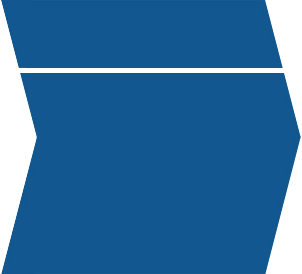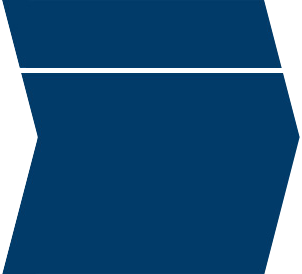12+4-Year Continuum Education
Continuum Education from 2-years-old Until High School Graduation
CGK provides a continuous international curriculum, the International Baccalaureate (IB) program from Preschool to High school.
From Preschool, CGK nurtures young talent through global education that fosters self-expression, critical thinking skills, and a spirit of inquiry, as well as providing childcare and education that cultivates non-cognitive skills, such as communication and emotional maturity. In addition, CGK provides highly advantageous English immersion from Preschool onward. For this reason, CGK students are able to think deeply and explore subjects both in English and Japanese. CGK places a high value on this environment and requires an English proficiency check during the admission process. Maintaining a high-level environment allows native English-speaking students to pursue deep thinking and inquiry as well. In our elementary school, we also provide EAL support for students with concerns about their English ability.
Instead of spending the school years entrenched in the old Japanese examination and assessment system, IB-based, integrated education from preschool to high school allows children to focus on education that is truly important for their future. We encourage an all-round education through activities not directly related to testing scores but valuable for the child's future, such as our long-term (one year) and short-term study abroad programs, field trips, extracurricular activities, volunteer activities and more.


Preschool Age 2 Age 5


Bashamichi Campus > Kannai Campus
Full-time care, 5 days a week (only 2-year-olds can choose from 2-5 days per week). Except for a 90-minute Japanese class each day, all classes are held in English.
Along with the International Baccalaureate (IB) PYP curriculum from 3-year-old classes, we gradually introduce age-appropriate PBL (Project-based learning) to further encourage active learning through group activities.
At the same time, in terms of childcare, all Japanese teachers are bilingual (Japanese-English) with childcare qualifications. We value cooperation and compassion in group living, and we also nurture non-cognitive skill, such as communication and emotional maturity, while incorporating the positive aspects of Japanese-style childcare.
We value global education, childcare, food education, PE / swimming, as well as authentic experiences, and offer a full range of childcare and educational programs.
- Age 2
- Age 3
- Age 4
- Age 5
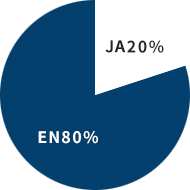

-




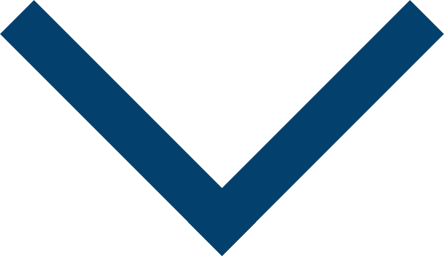


Elementary School G1 G5
Kannai Campus
CGK provides an all-round education to nurture internationally-minded individuals by introducing the International Baccalaureate (IB) PYP curriculum.
We hold inquiry activities through a transdisciplinary approach in a homeroom teacher system. All classes are taught in English except for the Japanese language class.- Grade 1
- Grade 2
- Grade 3
- Grade 4
- Grade 5

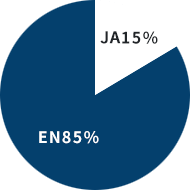





-





Afterschool G1 G5
Kannai Campus
Lessons are provided 2-5 days a week, from 14:30-19:00. Available after school dismissal from CGK Elementary School and other elementary schools. Because it’s 100% in English, and our classes are inquiry-based and PBL (Project-Based Learning), we screen for English proficiency before admission.
Students may get help with homework or study by themselves.
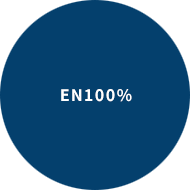
Middle School G6 G9
Opening in April 2025
From the summer of Grade 7, there is a one-year study abroad period. By studying abroad for one year at a local school, students can grow more independent with the ability to form new ideas based on a broader perspective.
It’s unusual in Japan for a school to have a one-year study abroad period at such a young age, but at CGK, we place great importance on this study abroad program, which helps students to be purposeful, with goals to focus on for all of their school years.
After CGK Elementary School, we continue our all-round education with an international curriculum while moving to a subject-teacher system in order to explore each subject and theme in greater depth. All classes are taught in English except for the Japanese language class.
- Grade 6
- Grade 7
- Grade 8
- Grade 9



High School G10 G12
Opening in April 2028
We prepare students for a variety of domestic and international career paths with the aim of obtaining the international qualifications accepted by approximately 2,500 universities around the world. These 3 years will be the culmination of an international educational started in Preschool. All classes are taught in English except for the Japanese language class.
- Grade 10
- Grade 11
- Grade 12



What is Project-Based Learning (PBL)
Project-based learning (PBL) is a student-centered teaching style that involves a dynamic classroom approach in which students acquire a deeper knowledge through active exploration of real-world challenges and problems. Students learn about a subject by working for an extended period of time to investigate and respond to a complex question, challenge, or problem. It is a style of active, inquiry-based learning. PBL contrasts with paper-based, rote memorization, or teacher-led instruction that presents established facts or portrays a smooth path to knowledge by posing questions, problems, or scenarios instead. At CGK, we use PBL in a step-by-step manner, adjusting the level according to the age of the students so that they can develop a spirit of inquiry and critical thinking skills.



